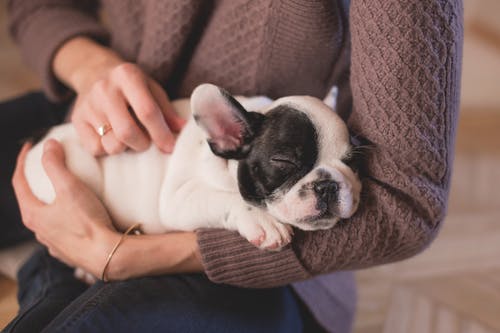As a loving pet owner, you want to do everything you can to ensure the health and happiness of your new puppy or kitten. One vital aspect of veterinary care for puppies and kittens is vaccinations, which protect your pet from potentially life-threatening illnesses. This article will explore the importance of vaccinations, the recommended vaccination schedule, and what to expect during your pet’s vaccination appointments. By understanding the role of vaccinations in your pet’s veterinary care, you can help set them up for a lifetime of good health.
Vaccinations for Your Puppy or Kitten
Vaccinations prevent your pet from contracting severe and sometimes fatal diseases. Here’s what you need to know about vaccinations and their importance in your pet’s health:
The Importance of Vaccinations
Vaccinations are essential for several reasons:
Protecting your pet
Vaccines help protect your pet from various contagious and potentially severe diseases, such as distemper, parvovirus, and feline leukemia. Ensuring your pet is vaccinated significantly reduces their risk of contracting these illnesses.
Herd immunity
When a large percentage of the pet population is vaccinated, it helps create herd immunity, which protects pets that cannot be vaccinated due to medical reasons, such as allergies or immune system disorders.
Preventing outbreaks
Vaccinations are crucial in preventing infectious disease outbreaks in pet communities, such as kennels, dog parks, and shelters.
Keep Your Pet’s Vaccinations Up to Date
Keeping your pet’s vaccinations current is crucial to protect them from harmful diseases. Without vaccinations from trusted vets like Powder Springs Animal Clinic, your pet is at risk of contracting serious and sometimes fatal diseases that can be expensive and challenging to treat. Additionally, many states and municipalities require proof of rabies vaccination for pets.
What to Expect During Vaccination Appointments
During your pet’s vaccination appointment, your veterinarian will perform a thorough physical exam, assess your pet’s overall health, and discuss any concerns or questions you may have. The vaccinations will be administered via injection, and your pet may experience some mild side effects, such as soreness at the injection site or mild lethargy. These side effects are usually temporary and resolve within a day or two.
If you have any concerns about your pet’s reaction to a vaccine, it’s essential to consult with your veterinarian. They can provide guidance and support to ensure your pet’s health and well-being. To get more details, you can visit a veterinarian’s contact page.
Finding a Trusted Veterinarian for Your Pet’s Vaccinations
Regarding your pet’s vaccinations, it’s crucial to find a trusted veterinarian with experience caring for puppies and kittens. Some factors to consider when choosing a veterinarian for your pet’s vaccinations include:
- Their experience and expertise in puppy or kitten care
- The quality of their facilities and equipment
- The availability of comprehensive preventive care services, such as vaccinations, dental care, and wellness exams
For example, a trusted veterinarian is an excellent choice for pet owners looking for a skilled and experienced veterinarian to provide comprehensive care for puppies and kittens, including vaccinations.
Final Thoughts
Vaccinations protect your puppy or kitten’s health and ensure they live a long, happy life. Following the recommended vaccination schedule and working closely with a trusted veterinarian can provide your pet with the best possible preventive care. Stay proactive about your pet’s healthcare needs, and you’ll set them up for a lifetime of good health and happiness.







